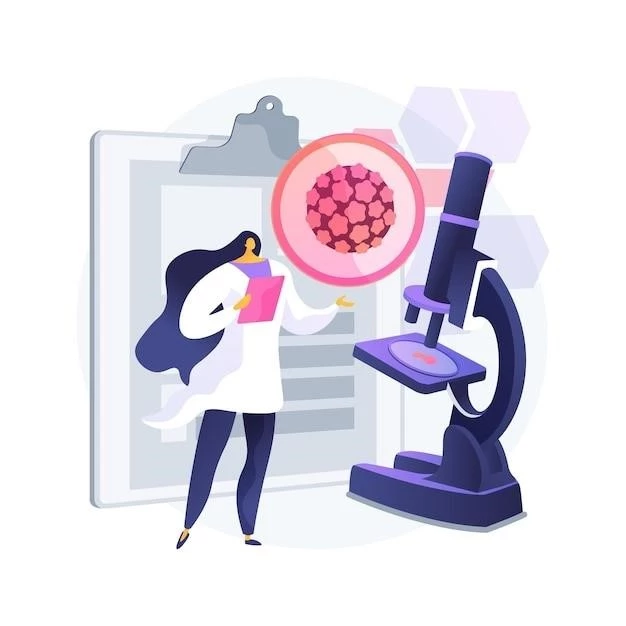Disease ⎻ Leydig Cell Aplasia
I․ Introduction to Leydig Cell Aplasia
Leydig Cell Aplasia is a rare genetic disorder characterized by the absence or severe deficiency of Leydig cells in the testes, leading to male hypogonadism․ Leydig cells play a crucial role in testosterone production, influencing testicular development, reproductive health, and the development of male sexual characteristics․ The condition can result in infertility and other manifestations of hormone deficiency․ Treatment often involves hormone replacement therapy to manage the hormonal imbalance and improve quality of life․
II․ Understanding Male Hypogonadism

Male hypogonadism refers to a condition characterized by low testosterone levels due to dysfunction in the testes, including Leydig Cell Aplasia․ Symptoms may include decreased libido, erectile dysfunction, fatigue, and infertility․ Diagnosis involves evaluating symptoms, hormone levels, and genetic testing․ Testosterone plays a vital role in maintaining male reproductive function, bone density, muscle mass, and overall well-being․ Hormone replacement therapy is often used to address hormone deficiency and improve quality of life․
III․ Importance of Testosterone Production
Testosterone production is essential for various physiological functions in males․ It is crucial for the development of male sexual characteristics, sperm production, muscle mass, bone density, and overall health; In conditions like Leydig Cell Aplasia, where testosterone production is impaired, individuals may experience symptoms such as reduced fertility, loss of muscle mass, and decreased bone density․ Maintaining optimal testosterone levels is important for reproductive health, physical well-being, and quality of life․
IV․ Impact of Leydig Cell Aplasia
Leydig Cell Aplasia has a significant impact on male reproductive health and hormone balance․ The absence or deficiency of Leydig cells leads to inadequate testosterone production, resulting in male hypogonadism․ This condition can affect testicular development, sexual characteristics, fertility, and overall hormonal function․ Individuals with Leydig Cell Aplasia may require hormone replacement therapy to manage symptoms and optimize testosterone levels․ Early diagnosis and appropriate treatment are vital in addressing the challenges posed by this genetic disorder․
V․ Diagnosis and Treatment Options
Diagnosing Leydig Cell Aplasia involves assessing symptoms, hormone levels, and genetic testing to confirm the absence or deficiency of Leydig cells․ Treatment options often focus on hormone replacement therapy to restore testosterone levels and alleviate hypogonadism symptoms․ Monitoring and managing potential complications such as infertility, reduced bone density, and decreased muscle mass are essential․ Regular follow-ups with healthcare providers and adherence to treatment regimens play a crucial role in improving the quality of life for individuals with Leydig Cell Aplasia․
VI․ Management of Hormone Deficiency
Managing hormone deficiency in Leydig Cell Aplasia involves hormone replacement therapy to address low testosterone levels and alleviate symptoms of male hypogonadism․ Individualized treatment plans aim to optimize hormone levels, improve reproductive health, and enhance overall well-being․ Monitoring hormone levels, adjusting treatment as needed, and addressing any associated complications are essential components of managing Leydig Cell Aplasia․ Close collaboration between healthcare providers and patients is key to successful hormone replacement therapy and long-term management of this genetic disorder․
VII․ Future Perspectives and Research
Future research in Leydig Cell Aplasia aims to enhance diagnostic methods, explore novel treatment modalities, and improve outcomes for individuals affected by this condition․ Advances in genetic testing, regenerative medicine, and hormone replacement therapies offer promising avenues for managing hormone deficiency and associated symptoms․ Collaborative efforts between researchers, healthcare providers, and pharmaceutical companies play a crucial role in advancing our understanding of Leydig Cell Aplasia and developing more effective strategies to enhance the quality of life for patients with this rare genetic disorder․
VIII․ Conclusion
In conclusion, Leydig Cell Aplasia is a rare genetic disorder that significantly impacts testosterone production, testicular development, and male reproductive health․ The absence or deficiency of Leydig cells leads to male hypogonadism, presenting challenges such as infertility and hormonal imbalances․ Through early diagnosis, personalized treatment plans, and ongoing management of hormone deficiency, individuals with Leydig Cell Aplasia can achieve improved quality of life․ Continued research and advancements in medical interventions hold promise for enhancing the care and outcomes of individuals affected by this condition․
